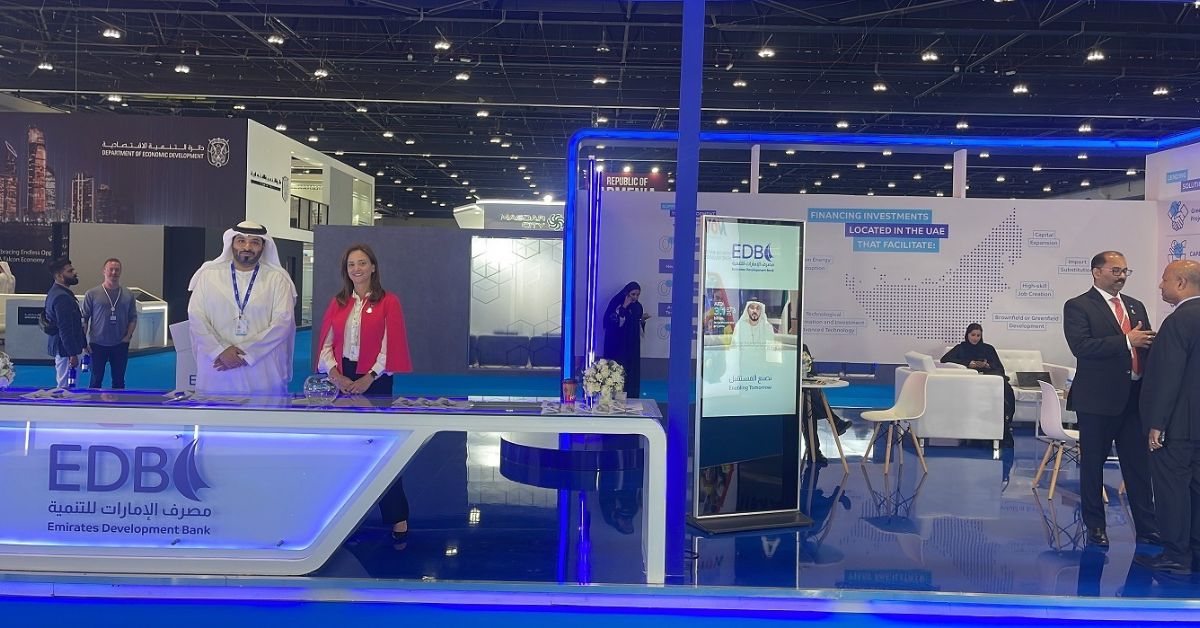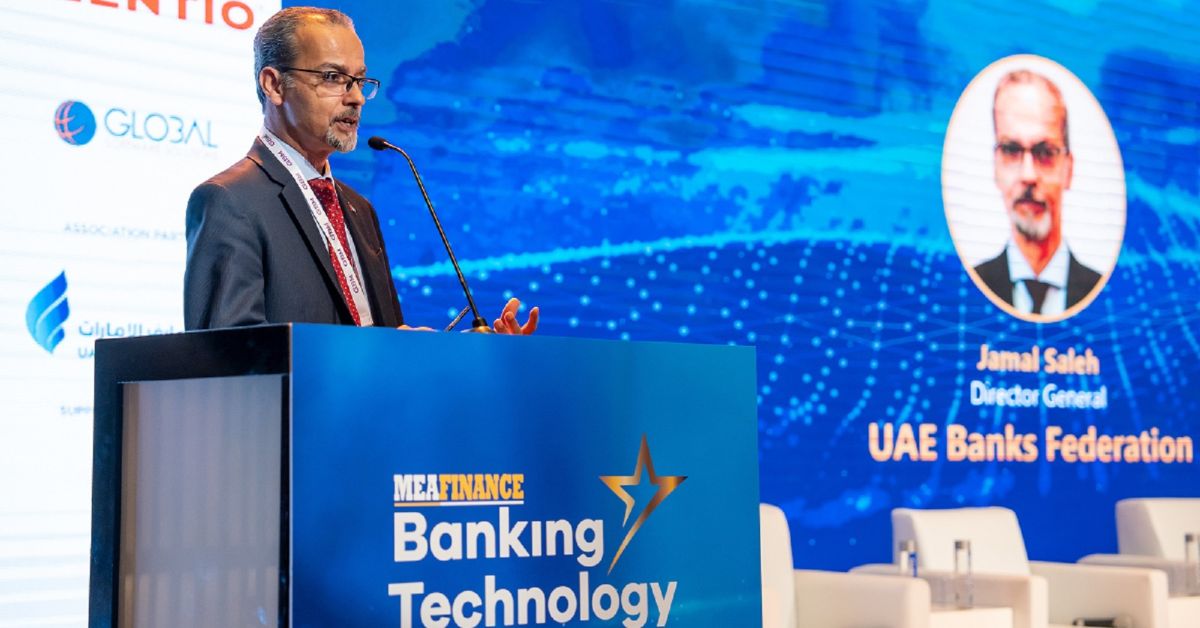DUBAI, UAE — In an ever-changing banking landscape, GCC-based banks embrace new technologies and transformations to enhance sustainability across the banking sector.
Through digitalization, collaboration with fintech companies, financing renewable energy projects, issuing green bonds, adopting responsible banking practices, and promoting financial inclusion, they are vital in driving sustainable development in the region.
According to Mazen Salhab, Chief Market Strategist MENA at BDSwiss, there are two kinds of banks currently in the GCC.
The first is investing in hubs and attempting to develop in-house solutions that truly match what they are looking for, which will positively impact the banking experience. However, it may affect the human workforce in the future because we will have fewer branches. In other words, we will have few branches; instead, these digital transformations will rely on technology and AI.
The second is the banks that have invested in subsidiaries, which means that they have invested in corporations that essentially belong to the banks but are not covered by the banks’ paywalls. They then sell it after three or five years of performance.
“We will see more digital banks and digital financial institutions, increasing the competition for commercial banks to adopt these solutions because no one has time right now, and everyone wants to do everything from the application. So, this is the trend, and we are still in the early stages of it because there will be a lot of digitalization,” says Salhab, “We’ll see a lot of digital transformation. I expect a better future and customer experience,” he told TRENDS.
Banks in the GCC are at the forefront of adopting new technologies in the ever-changing technological landscape. According to Junaid Ansari, Director of Investment Strategy and Research and Kamco Invest, this is further enabled by world-leading regional ICT and supportive regulators.
“From digital banks and payment gateways to enhanced integration of financial services via a user-friendly app, we believe that the banks in the region are keeping pace with some of the advanced countries in the world,” he said to TRENDS.
Measures being embraced by banks: Investing in artificial intelligence (AI): Banks use AI to automate tasks, improve customer service, and make better decisions. It can detect fraud, personalize marketing campaigns, and provide real-time customer support. Adopting cloud computing: Cloud computing is a cost-effective way for banks to access the latest technology without investing in expensive hardware and software. Cloud computing can also help banks to improve their disaster recovery and business continuity plans. Deploying big data analytics: Big data analytics are used by banks to gain insights into customer behavior, identify trends, and make better decisions. Developing mobile banking apps: Mobile banking apps are becoming increasingly popular with consumers. These apps allow customers to access their accounts, make payments, and transfer money from anywhere with an internet connection. Investing in cybersecurity: Cybersecurity is a top priority for banks. They invest in new technologies and training to protect their systems from cyberattacks. In addition to the above, GCC-based banks are also working to develop more sustainable practices across their operations. This includes initiatives such as: Investing in renewable energy: Many GCC banks invest in renewable energy projects like solar and wind farms. This helps to reduce their reliance on fossil fuels and their environmental impact. Reducing their carbon footprint: GCC banks are also working to reduce their carbon footprint by improving energy efficiency, using sustainable materials, and offsetting emissions. Supporting sustainable businesses: Providing them with financing and other services help in promoting sustainable development in the region.
“The world is waking up to the importance of sustainability, and we felt this during COVID-19 when we were in lockdowns,” Elham Mahfouz, CEO of Commercial Bank of Kuwait told TRENDS.
“Part of sustainability is taking care of your environment. For instance, our bank started using iPads instead of paper and developed a system for treating human wastewater. We also have green bonds that people can invest in. Such actions are related to social responsibility, which has always been one of our daily goals since the bank’s establishment. More will be required in the future to maintain our bank, the environment, and the global community,” she added.

Governments are implementing policies and regulations to promote sustainability in various sectors. They set emission reduction targets, implement renewable energy standards, and encourage adopting sustainable practices.
For their part, banks provide financial products and services supporting sustainable projects and businesses. They offer green bonds, which are used to finance environmentally friendly initiatives such as renewable energy projects, energy-efficient buildings, and sustainable infrastructure. Banks also integrate environmental, social, and governance (ESG) factors into their investment decisions and risk assessments.
“ESG and creating a green economy is adopted as a strategic mandate by regional governments. And since banks and governments work very closely, these initiatives are very well adopted in expanding credit lines to qualifying firms”, Ansari pointed out.
Salhab, on the other hand, believes that sustainability in the GCC banking industry is still a very new market in which the governments are heavily investing.
“We don’t see much like their retail or small corporation investment, but I believe this will be a growing sector in the future.” Banks are assisting and supporting the governments with this growth. I believe there will be more investment in the coming years, but till now they are still in the early stages, and they are not investing heavily; however, I believe this is only the beginning because investing in sustainability is expensive, and only governments can now afford to do so.
“In the future, we will see further expansion in this area, though it will most likely be slow and gradual. They will not invest a large sum of money quickly; instead, they will take small steps while waiting for the government to take action,” he added.








